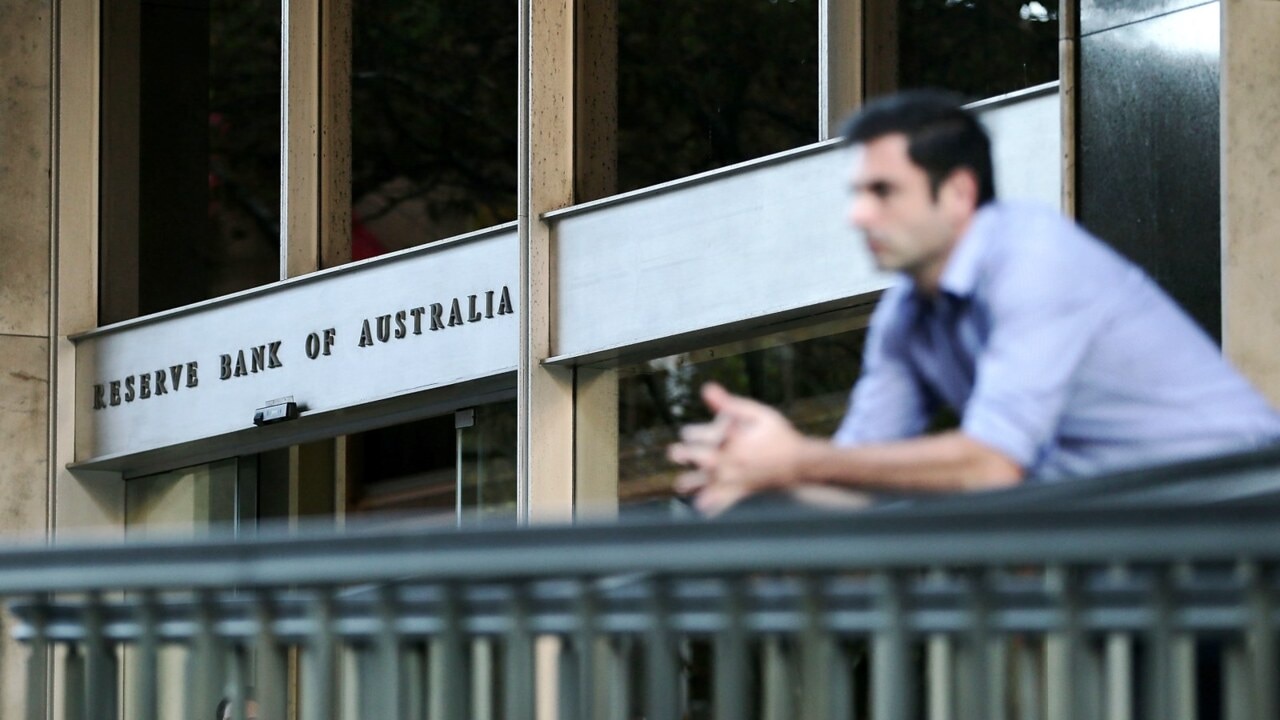Australians buying cheaper brands as cost of living hits, Emarsys finds
The cost of living crunch from rapid interest rate rises and inflation has forced more Australians to buy cheaper products, even if it goes against their values.

An overwhelming majority of Australians are now seeking out cheaper brands as the cost-of-living crunch sees many also walking away from values such as sustainability.
After a barrage of interest rate rises from the Reserve Bank since May 2022 and concerns about a slowdown in the economy, households are increasingly being forced to shun loyalty to certain products because of the strain on tighter budgets.
Global software group SAP’s omnichannel offshoot Emarsys found that just over 60 per cent of Australians were concerned about economic conditions – more than in the rest of the world.
The survey of 2000 Australians and 10,000 consumers globally shows that 63 per cent of Australians had switched to a cheaper alternative versus 49 per cent globally in a move to save money and meet squeezed household budgets.
Emarsys chief executive Joanna Milliken said Australians were more concerned about reducing household expenses and living conservative than peers in the US, UK and Germany.
“Given the state of the world and our economic conditions, consumers don’t have a choice about being loyal to a product,” she said.
“They are motivated much more when push comes to shove to make decisions that are economical for them, and they’re not going to compromise on price when times are tough. And it is just that trade-off.”

Retail sales data from the Bureau of Statistics showed that retail turnover rose 1.5 per cent in the year to August – the smallest growth on record outside the pandemic – with growth largely due to record immigration.
The chief executive of the customer engagement platform Emarsys, who was visiting Australia this week from the US as part of a brand marketing conference, said Australians that once shopped for products that aligned to their values such as sustainability or social causes, are now walking away from their convictions if pricing can’t be justified.
“We’re seeing people say they might be very values-driven and want to buy from a certain brand because it might be sustainable, but inflation means they can no longer afford to be pay a premium that they one might have been able to,” Ms Milliken said.
Households have been forced to be more choosy amid the barrage of price rises at supermarkets with Coles boss Leah Weckert noticing the emergence of the “savvy shopper” who heavily researched prices, used online catalogues, loyalty points, frozen meals and bulk buys to eke out savings from their grocery budgets.
She said younger families and people aged under 34 were under particular pressure and much more focused on loyalty programs, doing infrequent shopping to create meal plans and sticking tightly to a budget.
Australian Retailers Association chief executive Paul Zahra, who represents the $400bn retail sector and himself a former boss of department store David Jones, told The Australian in July that more consumers were shopping down and focusing on price and value with spending power falling.
Once the dust settles from the upheaval and weakening to household budgets, Ms Milliken said there was a strong chance that Australians may not return to those premium products and brands they have recently abandoned.
“If that brand did a good job in terms of building an experience and not just delivering a basic product at a cheaper price, then I do think that consumers may opt to stay,” she said.
The Emarsys Customer Loyalty Index also showed that 31 per cent of Australians would turn off a product if the brand made a political statement and half of women were more likely to be loyal to a brand compared to 42 per cent of men.






To join the conversation, please log in. Don't have an account? Register
Join the conversation, you are commenting as Logout